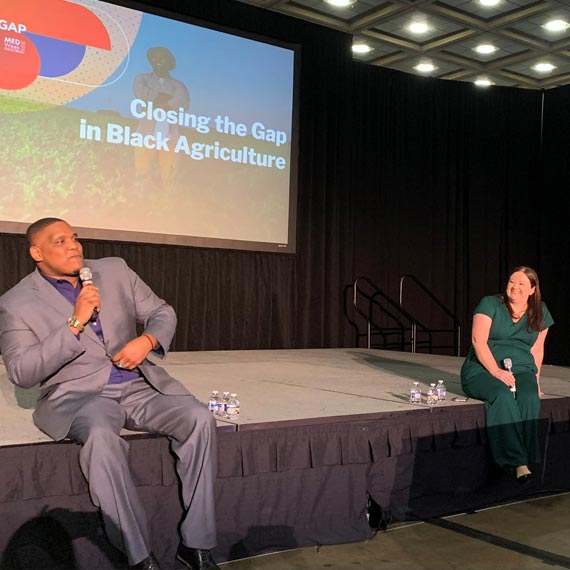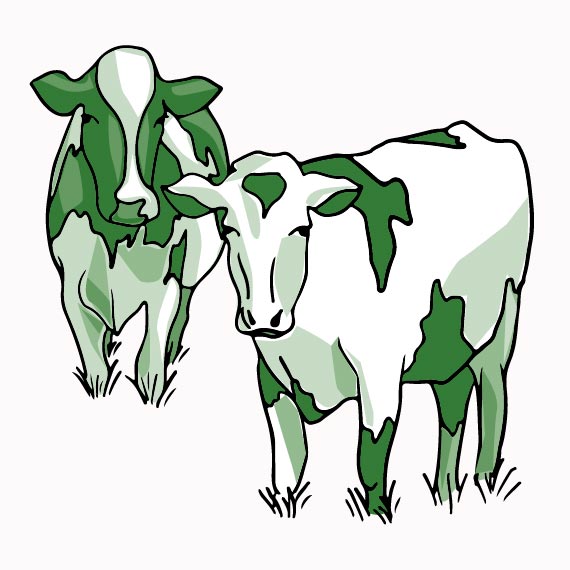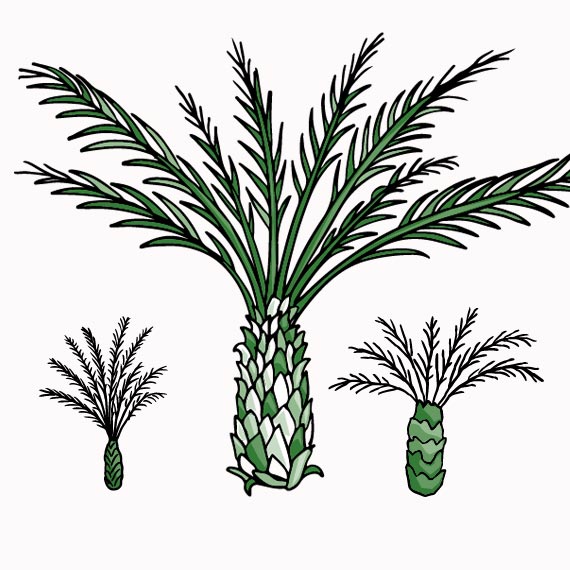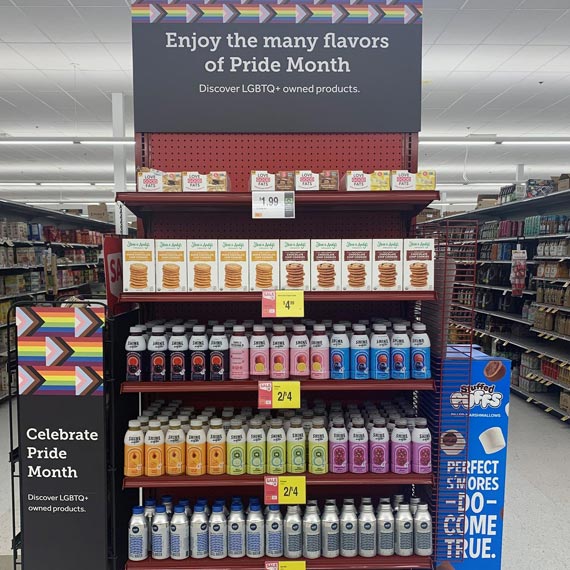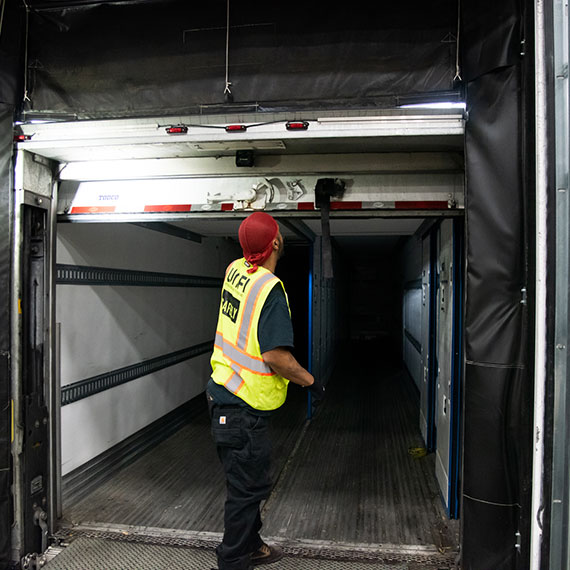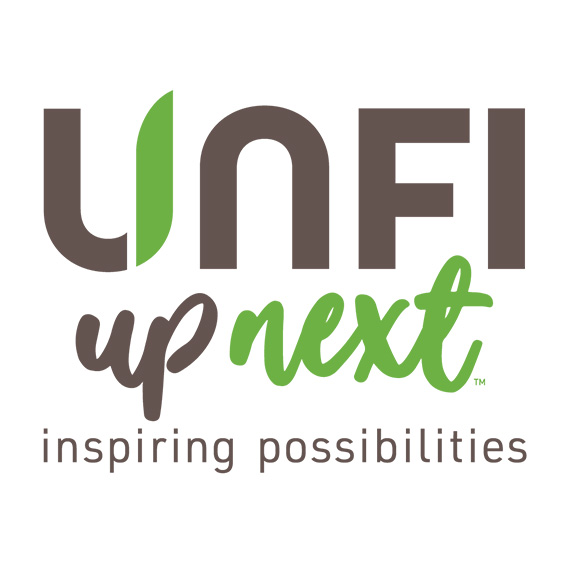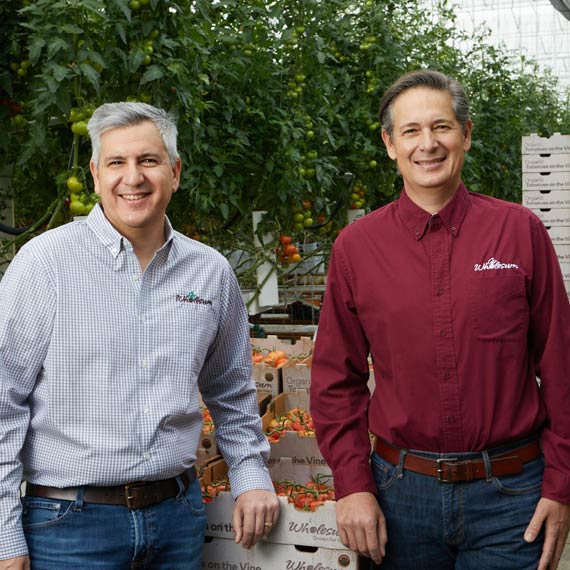responsible procurement
-
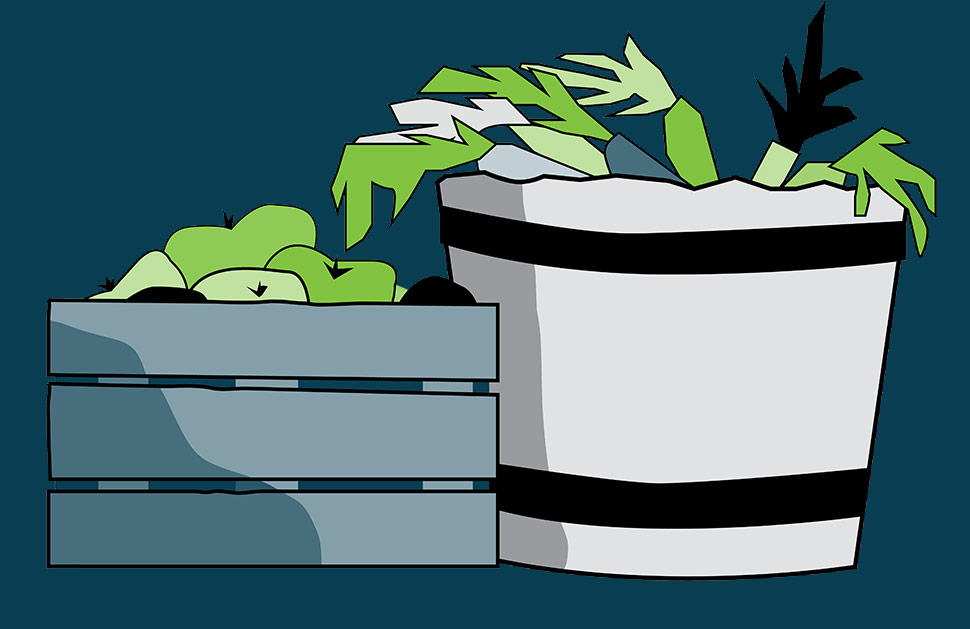
Supply chains are notoriously obscure and complex, and traceability continues to be a major hurdle in the food system as a whole. We are proud of our network of partners and believe in purchasing from suppliers that source and manufacture their products responsibly.
-
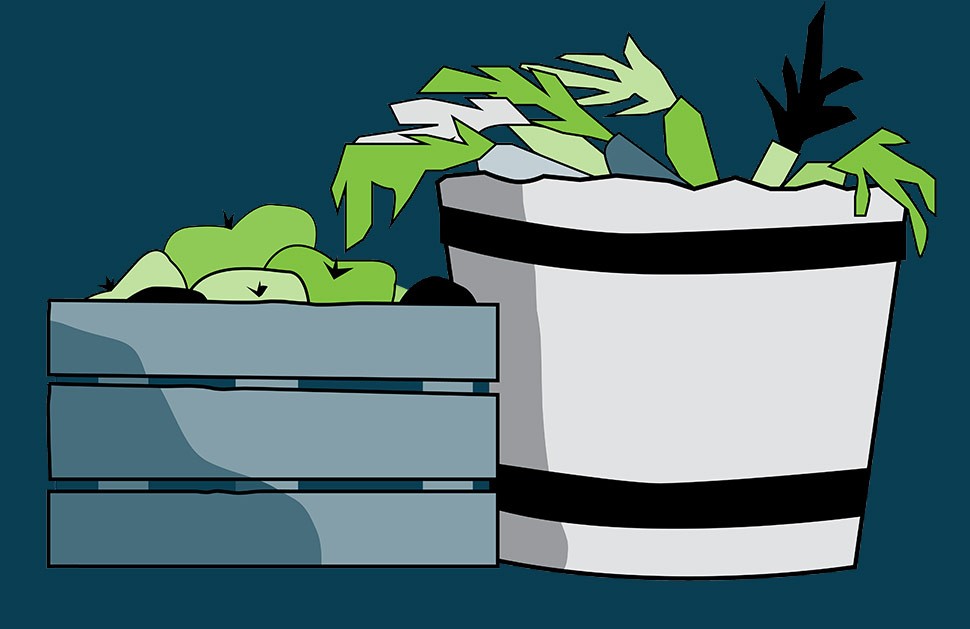
-
How is this better for all?
-

OUR PEOPLE
Setting standards for our suppliers’ policies underscores our stance on fair labor practices and creates safer jobs.
-

OUR COMMUNITIES
Sourcing from diverse suppliers empowers vulnerable, historically marginalized communities along our supply chain.
-

OUR WORLD
Working with suppliers with verified environmental standards helps safeguard natural resources.
-
We need to both raise the bar for what we accept from our suppliers and educate customers and consumers to effectively improve industry standards. We are challenging ourselves to view procurement as broader than just product standards.
-
Increasing Transparency
-
Making Sustainability More Accessible
-
Setting Stronger Standards
We trust in verified information from our suppliers, and rely heavily on third-party certifiers to be our eyes and ears. Third-party certifications help us maintain the kinds of standards we wish to hold, from upholding human rights to incentivizing sustainable land management. When a supplier puts in the work and earns a certification, we have more information about where raw ingredients are coming from, how they were made, and who was impacted along the way. We will continue to work with our partners to improve transparency and performance along the value chain.
-
The private- label brands within our Brands+ portfolio promote these standards, too.
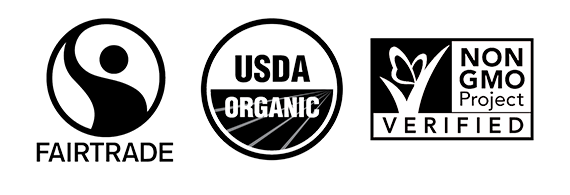
Our ability to serve our customers with the natural and conventional products they seek, however, also requires us to think beyond suppliers’ practices and consider our supplier relationships more holistically. To that end, our UNFI Produce team is building closer, direct relationships with suppliers to reduce costs in our supply chain, speed up the time it takes to get produce to the customer, and reduce the miles we have to travel.
-
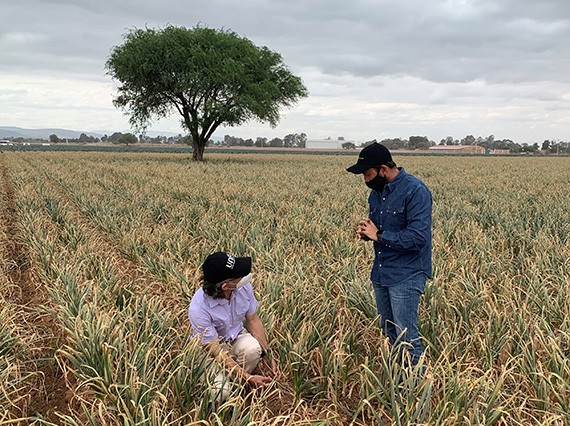
The traditional system of food distribution is incredibly complex and tough to break into, and brands led by people with less capital or privilege can struggle to grow and get on the shelf. We’ve proactively invested in nurturing new and emerging supplier relationships and creating structures to add value and create efficiencies within our current relationships, like our recently expanded Supplier Diversity action plan, our Marketplace program, and our UpNext program, which offers mentorship to selected suppliers. We’ve also deployed tools like the Climate Action Hub and Climate Action Partnership to help our suppliers better manage their own climate impacts and make credible commitments.
-
The UNFI Produce team is also engaging with suppliers more directly to reduce the inherent redundancy in the conventional distribution model, make it more affordable and efficient to distribute produce grown with regenerative, organic practices, and most importantly, deliver the freshest produce possible. Given current limits in scale, organic produce is often slower and more costly to get to stores, but this facility is proving that there are advantages to consolidating it with conventional produce.
-
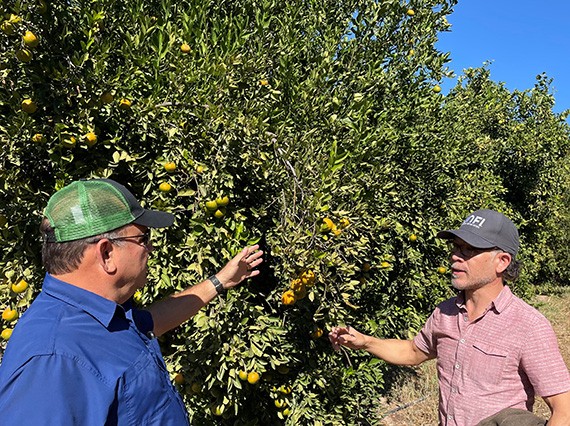
Even though we’re mainly a distribution company, we can support our suppliers in improving their processes and agricultural practices, and use our influence to help transform the food system at its roots. We support farmers who take good care of their land and their workers using two main levers – supplier relations and grantmaking through the UNFI Foundation. Today and always, we believe everyone deserves access to healthy, fresh food. There is a direct link between the resilience of the agricultural systems we rely on to grow food and our ability to provide that food to communities across the country.
-
Some Components of Climate-Smart Agriculture
INTEGRATED LIVESTOCK: Creating a farm ecosystem where livestock and crops have a balanced, mutually beneficial relationship that relies on fewer external inputs, like pesticides.
CROP DIVERSITY: Adding more crop types and varieties to help stabilize soil and increase yields. Diversity is always a good thing!
COVER CROPS: Creating a protective canopy of plants that slows erosion, improves soil health, mitigates pests, and enhances water availability.
NO-TILL FARMING: Cultivating land with minimal disturbance to soil and the organisms that call it home.
-
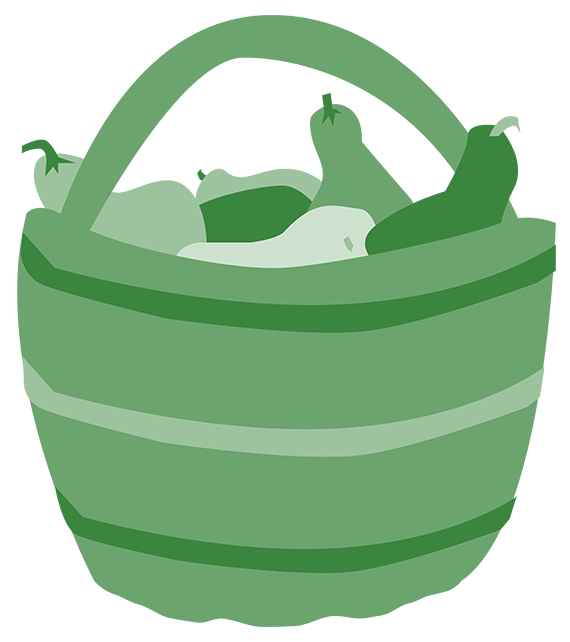
We are proactively engaging with the people growing, making, and moving the products we distribute to better understand our upstream impacts, address traceability issues, and help accelerate change in our industry.

